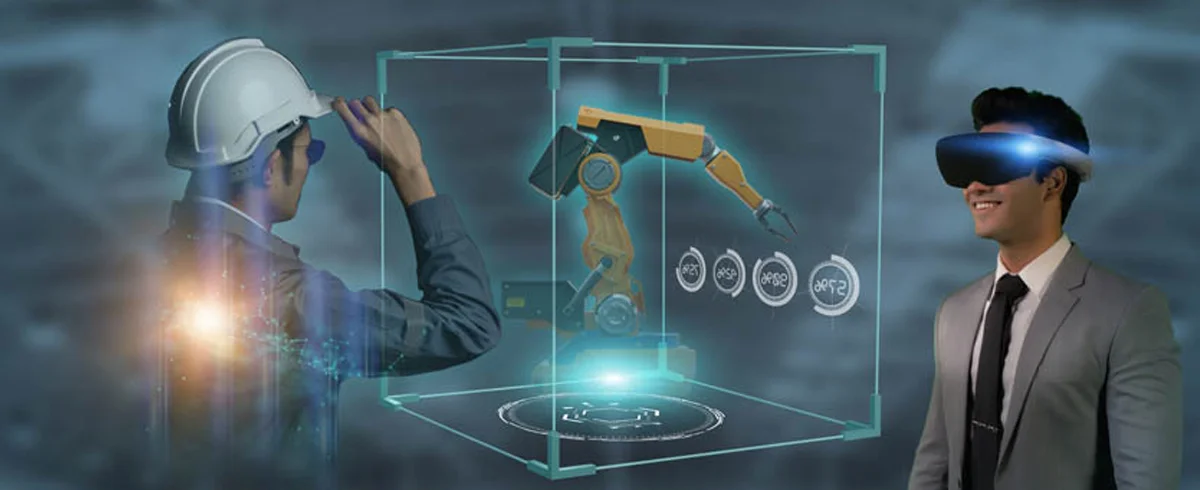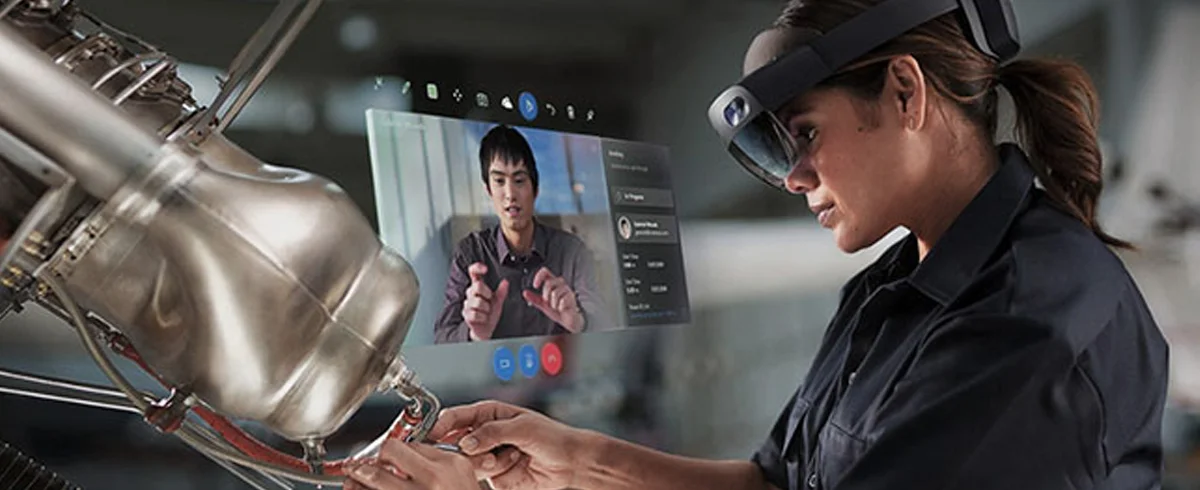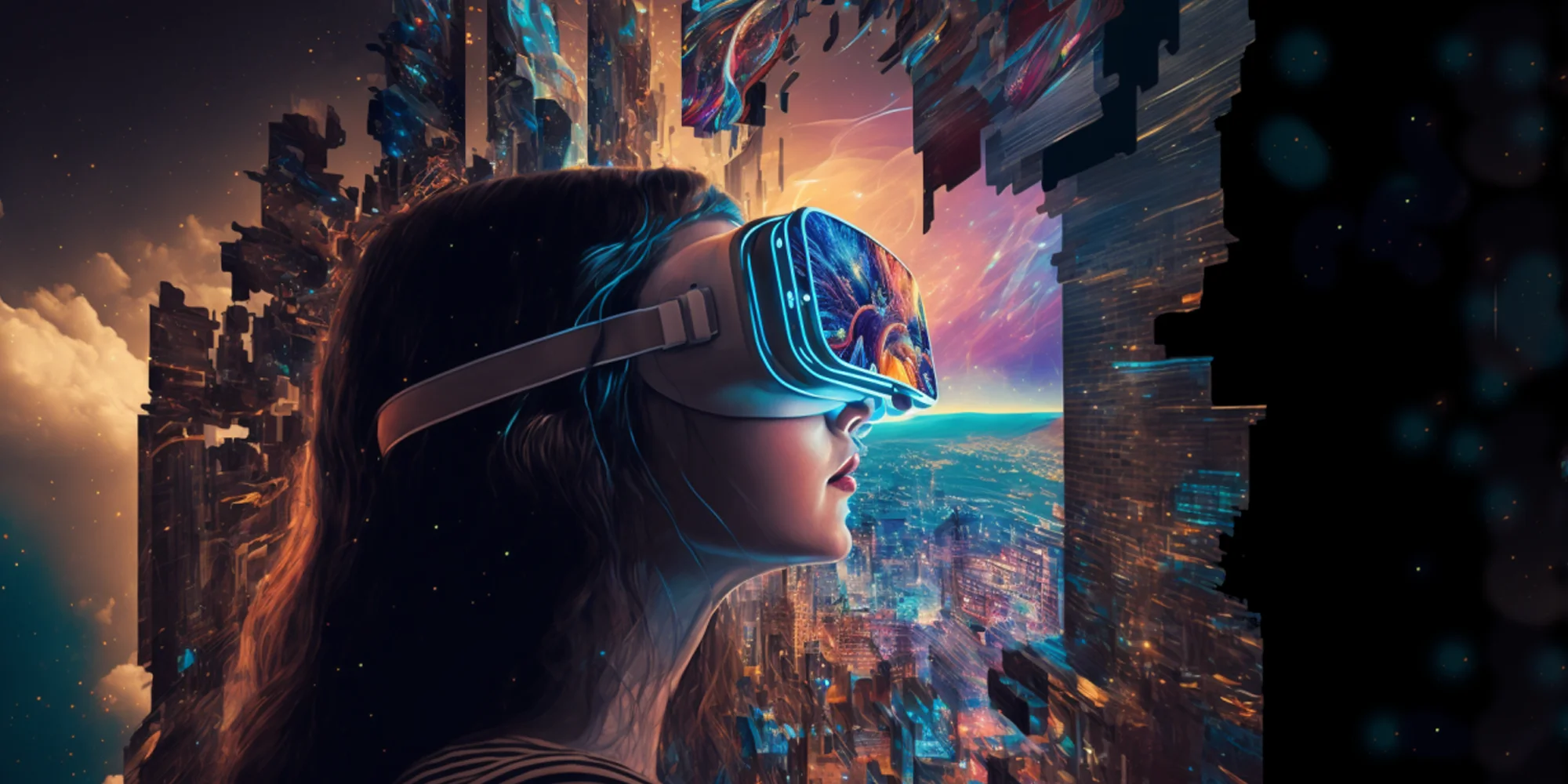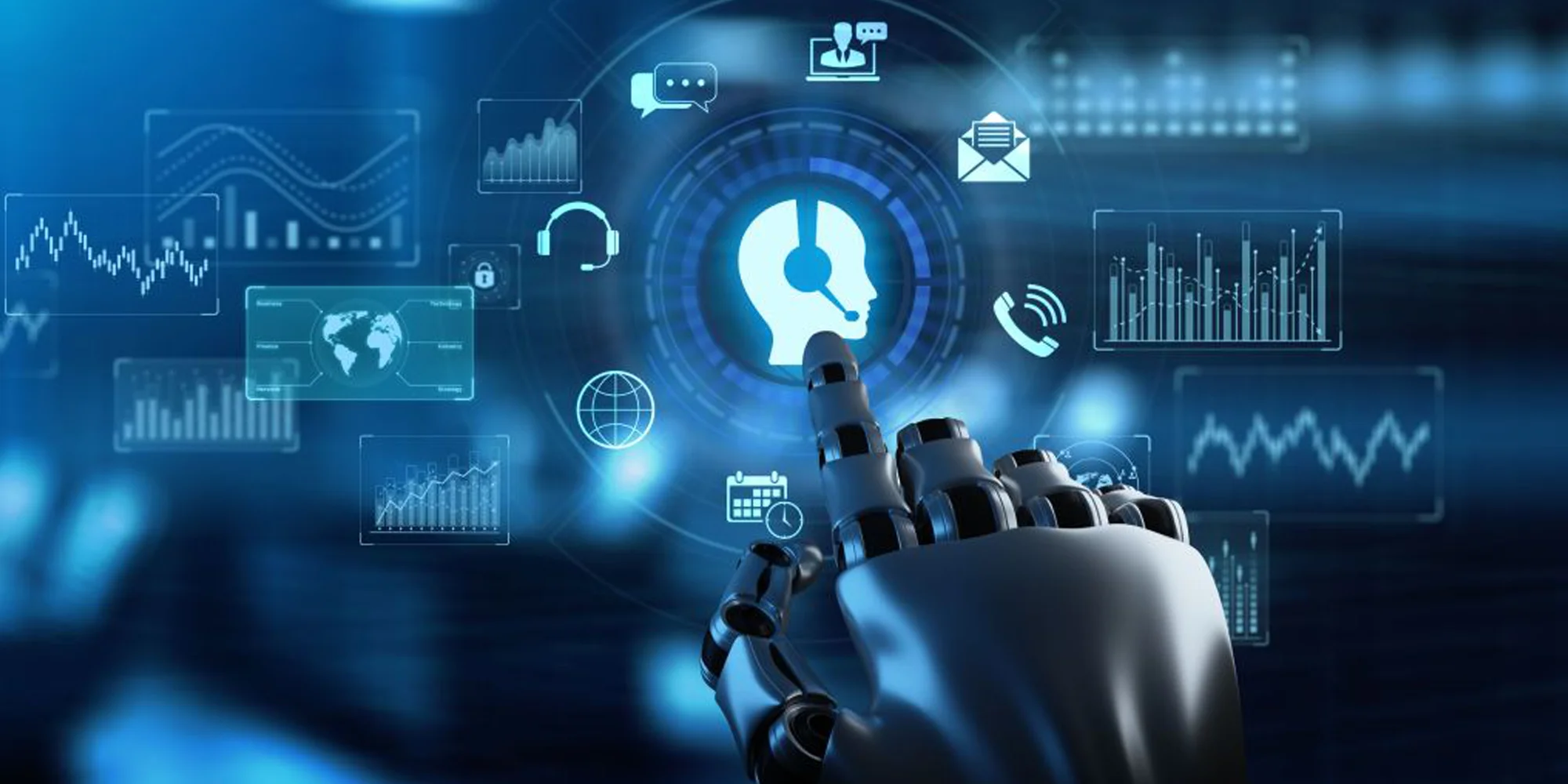
In this article
Understanding The Role Of Mixed Reality And It’s Usage In Real-World
In this article
Introduction
Reality tech has created quite a buzz in recent years. Whether you’re enjoying video games with your buddies, shopping for clothes, taking some training, augmented and virtual reality has penetrated human lives and making their presence felt in every sector.
Tech world is embracing the reality segment rapidly, and alongside, investing in augmented and mixed reality businesses is rising substantially.
The funding in AR and MR companies has surpassed that of VR endeavors today, a sharp contrast to just 5 years ago, where companies highly understated both AR and VR.
Unlike AR and VR, Mixed Reality hasn’t enjoyed a similar kind of recognition across the globe. Mixed reality mainly takes the best AR and VR technology and combines both the digital and physical worlds, facilitating users to easily interpret and interrogate online information. They can physically navigate and communicate with multiple wraps of information by simply glancing, gesturing, or speaking.
The Role Of Mixed Reality
Mixed reality draws on many of the critical aspects of AR. It might seem that AR and MR are similar in rendering both the real world and virtual environments; there are major differences to be found in the tech that propels both realities. For instance, MR is hugely headset-based, whereas AR is generally viewed via a screen, such as a mobile device or a tablet. MR tech also works with an in-depth understanding of the geometry of the environment in which it works- means that it’s able to act as a canvas for users to create immersive content, remaining defined by the room in which it’s being used.
The launch of Magic Leap has led to a major increase in mixed reality, but the tech has existed long before this. For instance, Microsoft’s 2016 Hololens launch was able to promote MR solutions. Today, Microsoft focuses on solving business requirements, whereas Magic Leap is acting as an entertainment tool.
The Difference Between VR & MR
Virtual reality offers an experience that’s totally digitally rendered. A user can enter a virtual zone by putting on a VR headset that includes unnatural audio or video. The users can look around a 3D space as they move their heads. VR headsets can also come with handheld sticks or gloves; they can be used to communicate with virtual environments.

Unlike VR, MR begins with a real-life, physical space and puts virtual objects inside it. Users can communicate with these objects without putting on special gloves or utilizing special objects to enable interactivity. VR headsets turn entirely black when switched off, while MR headsets turn transparent, like glasses.
The Difference Between AR & MR
Mixed reality acts more like AR, unlike VR. AR and MR both depend on real-life environments, and AR increases reality by overlaying virtual objects above it like Snapchat filters. But users can’t communicate directly with covered objects. For example, AR has the power to showcase virtual 3D boxes onto physical tables, while MR has the potential to facilitate users to pick up and open said box.
AR tech is capable of being operated through the use of a screen and a camera, but MR’s more immersive nature means that users must communicate directly with the 3D environments through the use of a head-mounted display.
There are several apps for mixed reality already entering sectors, and the tech has already been applied to police training methods, virtual testing for engineers, and distant guidance for construction workers.
The Structure of Mixed Reality in Tech World
Mixed reality combines physical and digital worlds jointly so that other existing reality techs cannot recreate. This helps to create links between computer, human, and environmental interactions. The reality is highly based on computer vision advancements, display tech, input systems, and graphical processing power.
The mixed reality was introduced in 1994 through a paper “A Taxonomy of Mixed Reality Visual Displays” by Fumio Kishino and Paul Milgram. In the years to come, the use of mixed reality has risen substantially beyond the limits of displays and today includes factors such as spatial sound, environmental input, and locations & positioning in real and virtual spaces.
MR Tech Used In Real-World
As mixed reality is still shaping itself, businesses are waiting to discover its utmost potential.
-
Mixed Reality in Manufacturing:
MR is transforming to become highly useful in constructive scenarios inside manufacturing, like the machinery’s positioning in a factory. Users can hold mobile phones or tablet screens towards a factory area and view digital renderings of equipment & move it around space.

The tech is also handy when it comes to technical training and instructions. For example, workers can use a headset to get communicative instructions from a superior about using machinery inside a factory environment.
MR also offers a chance to reduce repair cycle times and provide more training solutions for companies seeking to develop workers’ skills without the staff presence or intricate machinery.
-
Mixed Reality in Healthcare:
Mixed reality helps students practice surgeries and gain better visuals of operating room data during the process as a means to keep surgeons focused on their task, without averting from the screen.
MR has been recognized as a critical tool in rendering enterprise solutions – Chiefly, in the increasingly well-known field of distant collaboration. For instance, Microsoft disclosed their Holoportation development – enabling users with mixed reality devices to view and communicate distantly with team members as fully-rendered 3D holograms.
The Bright Future of MR
Mixed reality is a breakthrough development, adding convenience to a tech that already exists by making access small, but by totally altering how we communicate with the real-life environments around us.
By blending both the digital and physical world, it is possible to create new levels of interactivity & immersiveness in all of our processes. In the context of only entertainment, the potential of MR innovation is virtually limitless.
Moreover, due to the Covid-19 scenario, more employees have been forced to work remotely. The opportunity to conduct meetings with potential clients and train staff in a more hands-on way despite worldwide lockdowns has shown that MR can play an active role in transforming conventional business models into a new normal world.
Tech Insights Digest
Sign up to receive our newsletter featuring the latest tech trends, in-depth articles, and exclusive insights. Stay ahead of the curve!



